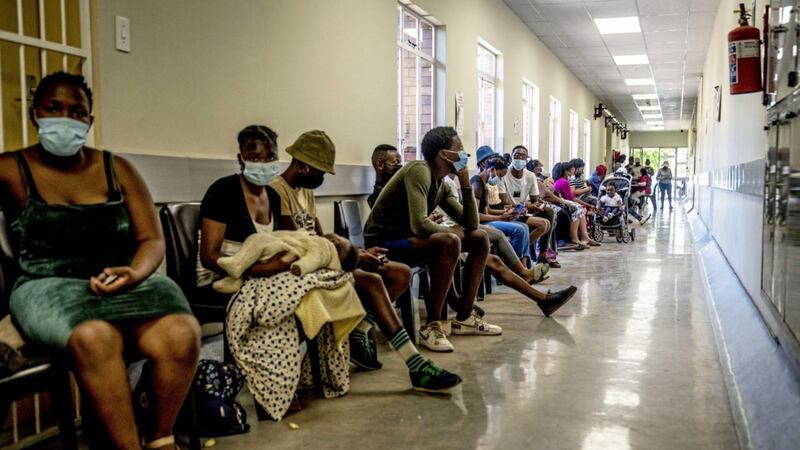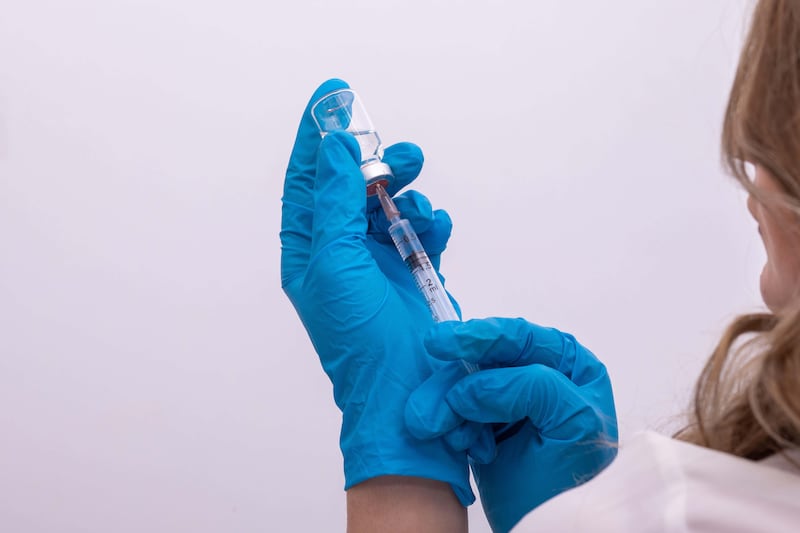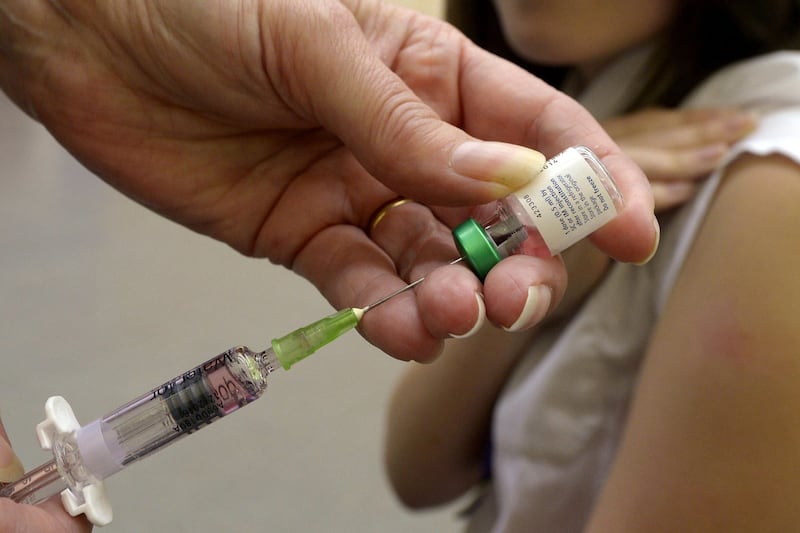YOU need to put on your own oxygen mask before you help anyone else.
It’s one of those soothing truisms that has become ubiquitous in this age of self care.
I have uttered it myself, many times, when imploring frazzled friends and loved ones to take a break and look after themselves.
But at the end of the day, it’s just something put on an aeroplane’s safety card. It’s specific advice about what to do when the air supply fails while you’re thousands of miles in the air in a tin can (and I have a sneaking suspicion it’s probably pretty useless in such a scenario – more about distracting us from certain death than saving lives).
Like all `wise’ metaphors, it’s probably quite helpful in some situations but not others.
How many parents have gone hungry so their children don’t have to? Try telling them that piece of bread is `necessary’ for them to help their children.
Sometimes you give what you need to someone weaker than you because you can go without and still survive – but they won’t.
At other times the opposite is true. Irish mothers’ obsession with feeding up their menfolk harkens back to a time when survival depended on manual labour.
Sometimes you give what you need to someone stronger than you because if they survive you survive.
What all these models of survival have in common is both humankind’s primal sense of self-preservation and intense need to protect members of our pack.
And so it is when the great test of our time came we find ourselves in a world where that pack appears in its narrowest definition for a long time.
When the coronavirus first emerged it looked as though the World Health Organisation (WHO) would lead the fight to contain and eradicate it.
It is (manifestly) not without its flaws, but an international body seemed to be the obvious coordinator for a pandemic – by its very definition global.
However, almost immediately we had national vaccine programmes, divergent travel restrictions and containment protocols and, most despicably, vaccine hoarding.
A pre-Covid surge of nationalism meant it was always going to break down this way, nation states elbowing each other out of the way to `win’ the pandemic.
But, as another slogan warns us, `nobody wins unless everyone wins’.
Yes, it’s trite, but when it comes to the Covid-19 it is undoubtedly true.
We have not yet been able to close borders against the virus – although New Zealand’s valiant stand has seen it weather the crisis better than most.
But even if we could, does that mean that we should?
Could we double vaccinate and boost every person in the country and if so at what cost?
If we did it alone, we wouldn’t stop vaccine-evading mutations developing elsewhere.
We would also be doing it in the knowledge we are condemning other countries and indeed entire continents to exactly what we fear most.
And yet that is exactly what we have been doing.
The WHO, African Union and Unicef are among six bodies which have begged the international community to wake up to the issue of vaccine donations to Africa, and other COVAX participating economies.
Just 7.5 per cent of the continent's population are fully vaccinated – a circumstance which scientists warn will `prolong the pandemic’.
The goal is 70 per cent.
In Democratic Republic of Congo, with a population of nearly 90 million, the number is 0.1 per cent.
Governments have been crying out for higher vaccine deliveries, stymied by production issues and hoarding by richer countries.
When they arrive, the infrastructure - funds, medical staff and equipment - is not there to support them.
This means around 40 per cent of vaccines have not been used.
The continent’s health chiefs describe the majority of donations as “ad hoc, provided with little notice and short shelf lives”, thwarting countries’ efforts to plan vaccination campaigns.
They need predictable and reliable supply – and they need it now.
Because, if we don’t help them get their oxygen mask on, this plane is never landing.








